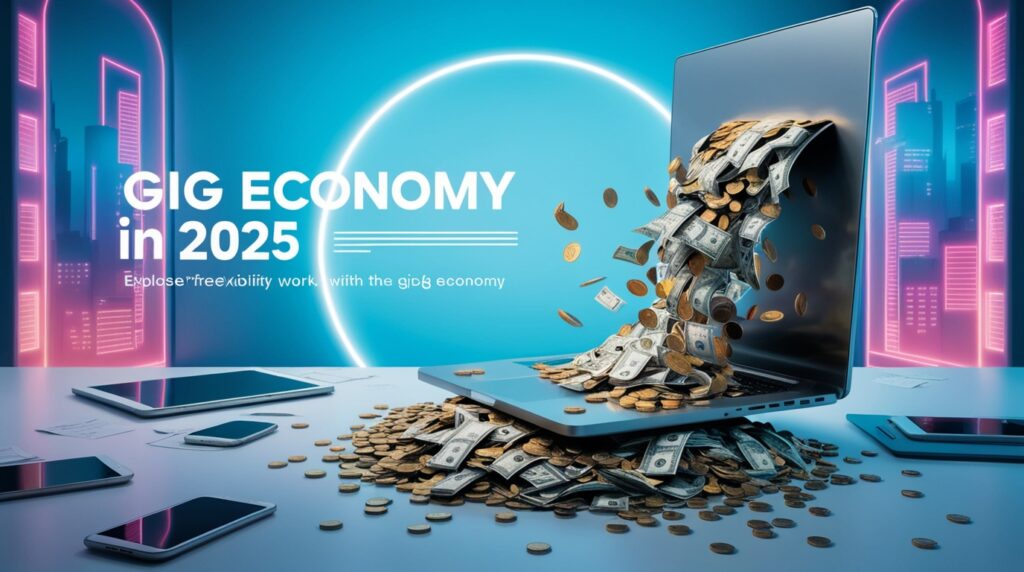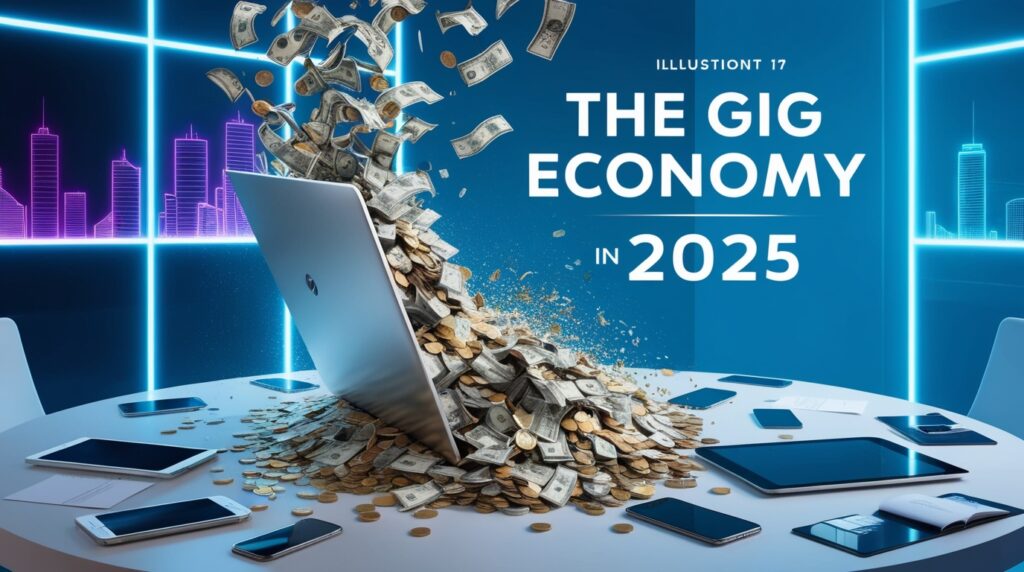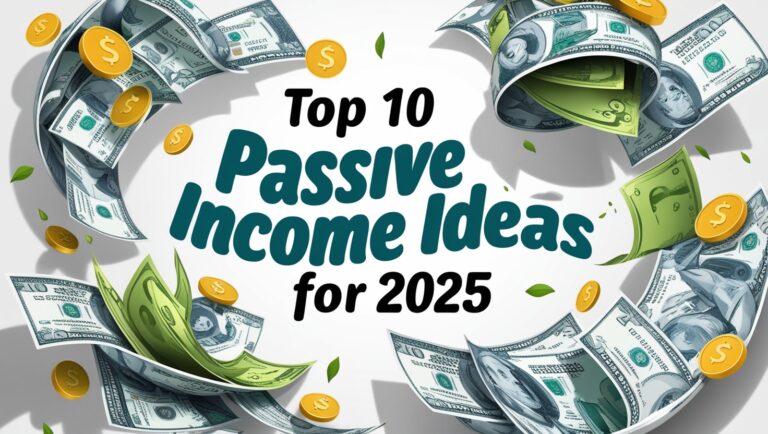The Gig Economy in 2025: How to Thrive in the Growing Freelance Market

The gig economy is set to expand even further by 2025, driven by technological advancements, shifting workforce preferences, and the increasing desire for flexibility. Freelancing and gig work now span industries like tech, marketing, design, consulting, transportation, and even healthcare. As this sector grows, understanding how to succeed as a freelancer or gig worker becomes essential.
The State of the Gig Economy in 2025
By 2025, it’s projected that nearly 50% of the global workforce will engage in some form of freelance or gig work. The rise of remote work, AI-powered platforms, and the demand for specialized skills are transforming traditional employment models.
Key drivers of growth:
Technological Innovation – AI, automation, and digital platforms streamline project matching and enhance productivity.
Corporate Shift – Businesses are relying more on freelancers to reduce costs and access global talent.
Worker Preferences – Millennials and Gen Z prioritize flexibility, autonomy, and work-life balance.
Global Talent Pools – Freelancers can now work across borders, tapping into international clients and projects.
Top Industries Dominating the Gig Economy
- Tech & Software Development – App development, cybersecurity, and blockchain projects.
- Digital Marketing – SEO, content creation, social media management, and PPC advertising.
- Creative Arts – Graphic design, video editing, writing, and UX/UI design.
- Consulting – Business, financial, and legal advisory services.
- Healthcare – Telehealth, online therapy, and fitness coaching.
- Education – Online tutoring, course creation, and e-learning platforms.
How to Succeed in the Gig Economy

- Specialize and Build Expertise
Niche Down – Instead of offering broad services, focus on a niche (e.g., fintech copywriting or AI consulting).
Continuous Learning – Keep up with industry trends, certifications, and new tools. Platforms like Coursera and Udemy can help.
- Create a Strong Personal Brand
Online Presence – Develop a website showcasing your portfolio, skills, and testimonials.
Social Proof – Leverage LinkedIn, Twitter, and gig platforms like Upwork, Fiverr, and Toptal to build credibility.
Thought Leadership – Share insights, write articles, and engage in discussions to position yourself as an expert.
- Leverage Multiple Platforms
Diversify Income Streams – Use several freelance platforms to avoid over-reliance on one source.
Network Proactively – Attend webinars, virtual meetups, and collaborate with other freelancers.
Referral Programs – Encourage satisfied clients to refer you to others.
- Prioritize Client Relationships
Overdeliver – Exceed client expectations by delivering high-quality work ahead of deadlines.
Communicate Clearly – Keep clients updated throughout the project lifecycle.
Offer Retainer Packages – Secure long-term work by providing ongoing services.
- Manage Finances Like a Business
Set Competitive Rates – Research market rates and value your time and expertise accordingly.
Budget for Taxes and Retirement – Plan ahead for taxes, insurance, and personal savings.
Automate Invoicing and Payments – Use tools like FreshBooks or QuickBooks to streamline finances.
Key Tools and Resources for Freelancers
Freelance Platforms – Upwork, Fiverr, Freelancer, Toptal
Project Management – Trello, Asana, Notion
Time Tracking – Toggl, Clockify
Invoicing & Payments – PayPal, Wise, Stripe
Skill Building – Coursera, Udemy, LinkedIn Learning
Future Trends in the Gig Economy
- AI-Powered Job Matching – Platforms will use AI to better match freelancers with projects that fit their skills and rates.
- Blockchain for Payments – Blockchain will ensure faster and more secure transactions, reducing delays.
- Virtual Workspaces – Augmented reality (AR) and virtual reality (VR) will enhance remote collaboration.
- Healthcare and Benefits – More platforms will offer gig workers benefits, making freelancing more sustainable.
- Sustainability and Ethical Work – Clients will prioritize freelancers who support sustainable and socially responsible projects.
Final Thoughts

The gig economy in 2025 will offer immense opportunities for those willing to adapt and grow. By building specialized skills, nurturing relationships, and staying ahead of technological trends, freelancers can thrive in this evolving landscape. The future belongs to those who treat gig work not just as a side hustle but as a sustainable, long-term career path.






